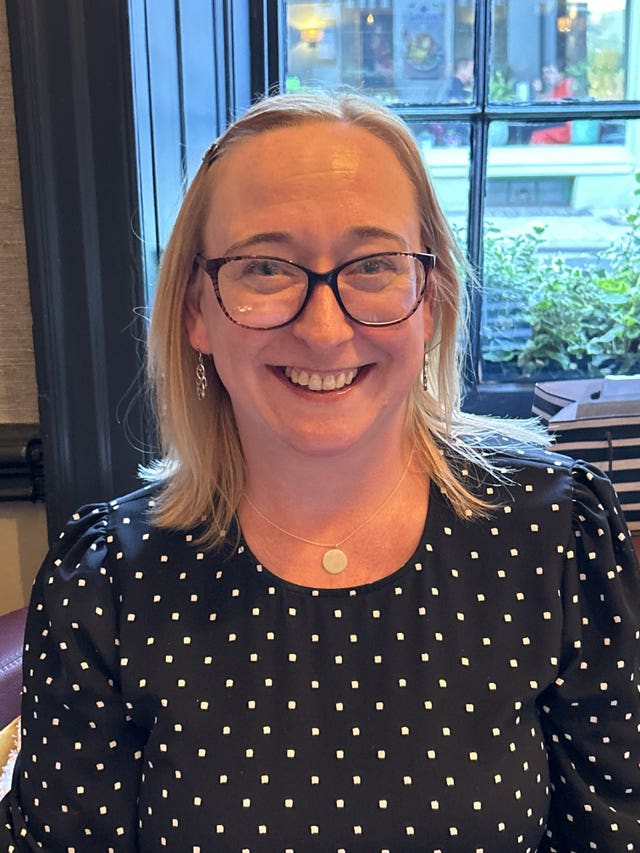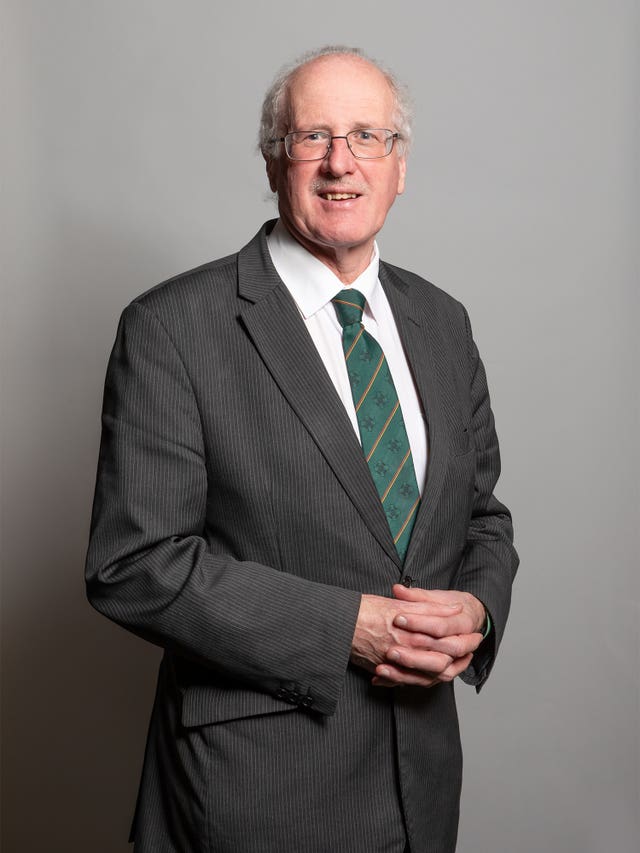MPs debate decriminalising abortion as opponents warn it would be a radical step
The issue has come to the fore in recent times with prominent cases such as those of Nicola Packer and Carla Foster.
Watch more of our videos on ShotsTV.com
and on Freeview 262 or Freely 565
Women must no longer be “dragged from hospital bed to police cell” over abortion, MPs have heard as opponents of decriminalisation warned against such a “radical step”.
Parliament could debate amendments to the Crime and Policing Bill in the coming weeks around guaranteeing women will no longer face prosecution over ending a pregnancy.
Monday’s debate at Westminster Hall, on a petition calling for the decriminalisation of abortion, was described by one MP opposed to the change as “a rehearsal” to the separate Commons debate and votes to come.
The petition, which gathered some 103,653 signatures, has urged the Government at Westminster to “remove abortion from criminal law so that no pregnant person can be criminalised for procuring their own abortion”.
Abortion in England and Wales remains a criminal offence.
It is legal with an authorised provider up to 24 weeks, with very limited circumstances allowing one after this time, such as when the mother’s life is at risk or the child would be born with a severe disability.
The issue has come to the fore in recent times with prominent cases such as those of Nicola Packer and Carla Foster.
Ms Packer was cleared by a jury last month after taking prescribed abortion medicine when she was around 26 weeks pregnant, beyond the legal limit of 10 weeks for taking such medication at home.
She told jurors during her trial, which came after more than four years of police investigation, that she did not realise she had been pregnant for more than 10 weeks.

She has since indicated she will file a complaint with the police, prosecutors and the NHS over how she was treated.
The case of Carla Foster, jailed in 2023 for illegally obtaining abortion tablets to end her pregnancy when she was between 32 and 34 weeks pregnant, eventually saw her sentence reduced by the Court of Appeal and suspended, with senior judges saying that sending women to prison for abortion-related offences is “unlikely” to be a “just outcome”.
Labour MP Tony Vaughan, opening the Westminster Hall debate, said it is time to “abandon these outdated practices” of prosecuting women.
He said: “I believe that our laws cannot be fixed relics of the past, but must reflect social attitudes and societal norms.”
He insisted “decriminalisation does not mean deregulation” and that he has not seen evidence “to suggest that removing the criminal law deterrent would then motivate swathes of women to have abortions after 24 weeks”.
He added: “I’m in favour of regulation of abortion, but I’m also in favour of decriminalising it, so that abortion can once and for all be treated… as a matter of healthcare, not criminality.”

But DUP MP Jim Shannon disagreed, stating that abortion is not “simply medical treatment”.
He added: “This is not a simple matter. It’s certainly not for me. It’s not for my constituents. It’s not for us who represent this point of view.”
He said it would be a “radical step” and “seismic change” and suggested a late-term abortion on the basis of a baby’s sex could be accepted if the law was to change.
He said: “Depending on the model of decriminalisation, the effect would range from de facto access to abortion for women up to birth for any reason, there would be no enforceable prohibition on abortion on the basis of the sex of the unborn baby, for example.”
Labour MP Tonia Antoniazzi, who will table an amendment in the Commons to the Bill stating that “no offence is committed by a woman acting in relation to her own pregnancy”, told MPs on Monday: “There must be no more Nicola Packers.”
She said: “I am staunchly pro choice, and as much as I believe future reforms are needed regarding abortion provision, we must not lose sight of the current moral imperative here and its urgency, namely, vulnerable women being dragged from hospital bed to police cell under suspicion of ending their own pregnancies.
“This can be stopped by disapplying the criminal law related to abortion from women.”
Fellow Labour MP Stella Creasy spoke in favour of going further by enshrining a human right to abortion, and is expected to put forward a separate amendment to “lock in” the right of a woman to have one and protect those who help them.
DUP MP Carla Lockhart, who is opposed to decriminalisation, said she was speaking with “deep conviction” on the issue.
She said: “For me, this is a debate on life and I believe that both lives matter in every pregnancy. The most basic human right is the right to life.”
She said the number of abortions taking place in the UK is “a national tragedy” and attributed a rise in prosecutions in recent years to women being able to take abortion medication at home.
She said: “It is surely not because the CPS (Crown Prosecution Service) or police have suddenly decided to handle this issue in a more draconian way.
“The pills-by-post scheme has enabled women, either dishonestly or because they have miscalculated their own gestational age, to obtain abortion pills beyond the 10-week limit.”
Justice minister Alex Davies-Jones said the Government is neutral on decriminalisation and that it is an issue for Parliament to decide upon.
She said: “If the will of Parliament is that the law in England and Wales should change, then the Government would not stand in the way of such change but would seek to ensure that the law is workable and enforced in the way that Parliament intended.”
The debate came as it was confirmed Mayor of London Sir Sadiq Khan had “stepped in” after advertisements from the British Pregnancy Advisory Service (Bpas) in support of decriminalisation were rejected by Transport for London (TfL) last month.
TfL said the proposed advertisements did not comply with its advertising policy “because they made negative references about the police”.
A spokesperson for the Mayor of London said: “The mayor has stepped in and we are now urgently looking into this issue so we can allow adverts from the British Pregnancy Advisory Service on London’s transport network.”
Bpas said: “Ahead of the vote in Parliament, it is absolutely vital that the voices of the women who have been so deeply harmed by the current law are allowed to be heard. We urge the mayor to take swift action and allow our charity to share these stories as a matter of urgency.”





